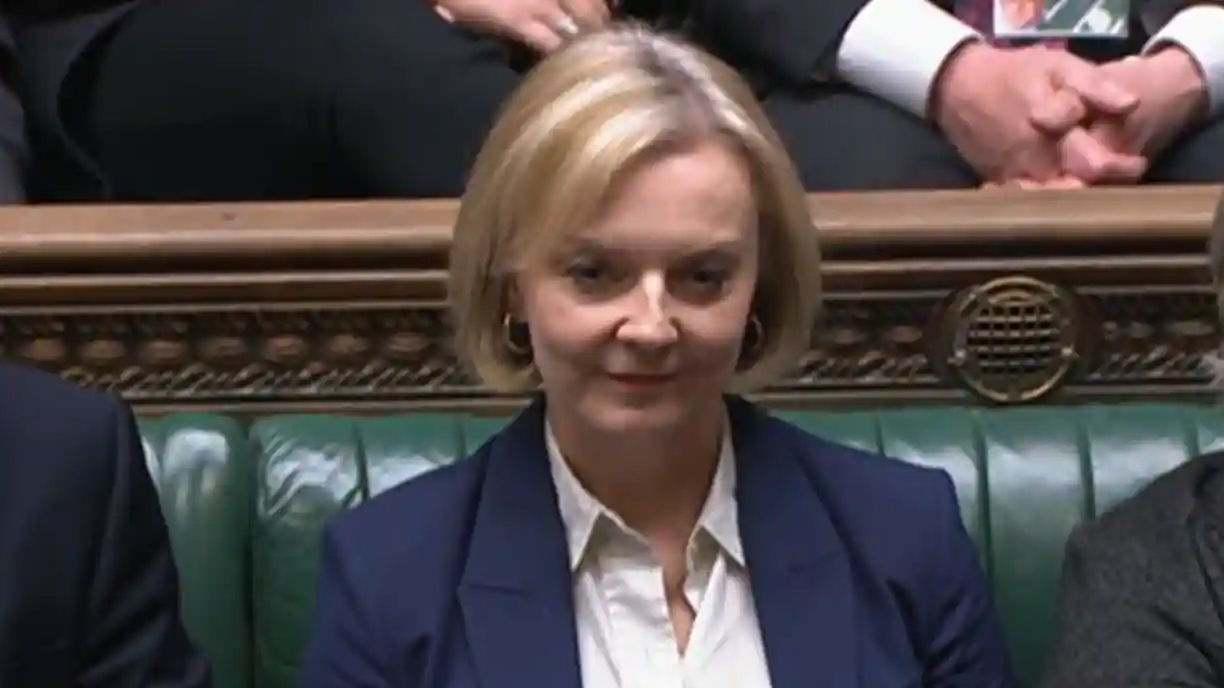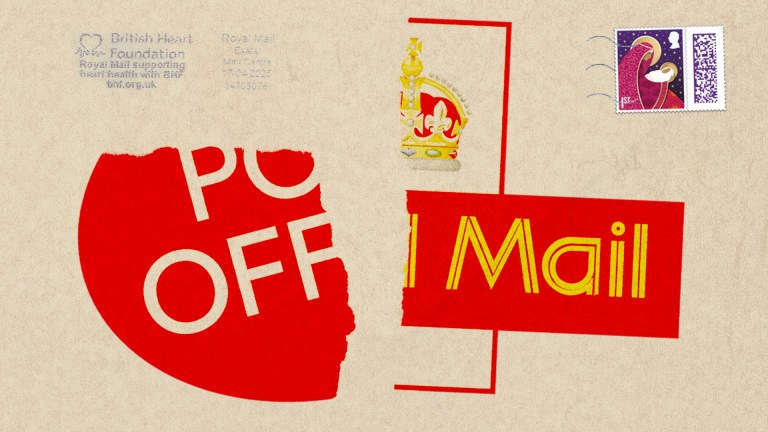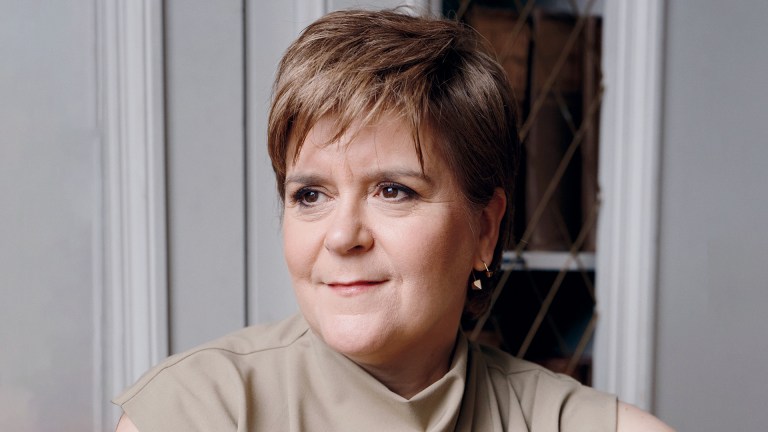While no one would doubt that Liz Truss has certainly had a somewhat stressful job to do as prime minister, many would challenge whether she deserves to be financially rewarded for crashing the pound, causing mortgage rates to rise and performing more U-turns than someone failing their driving test.
But the UK’s shortest serving prime minister will still receive severance pay to the tune of £18,860 – £419.11 for each day she served in the top job – according to independent fact checkers Full Fact.
This is also, roughly, a year’s salary for someone aged 23 earning the national minimum wage (also called national living wage).
The prime minister resigned on Thursday October 20, after the House of Commons descended into chaos the night before when a Labour motion to ban fracking sparked confusion over whether the vote could actually be about confidence in the government.
With a blank expression, Truss told the nation that she could not deliver the mandate on which she was elected as prime minister and Tory leader, and had notified King Charles that she was resigning.
People holding paid positions in government and the opposition are entitled to severance pay of a quarter of their salary when they leave their job.





